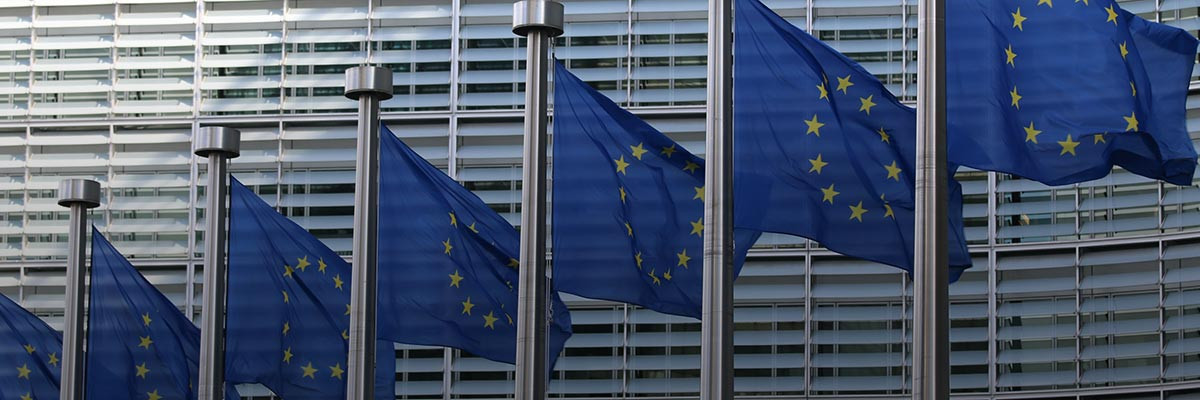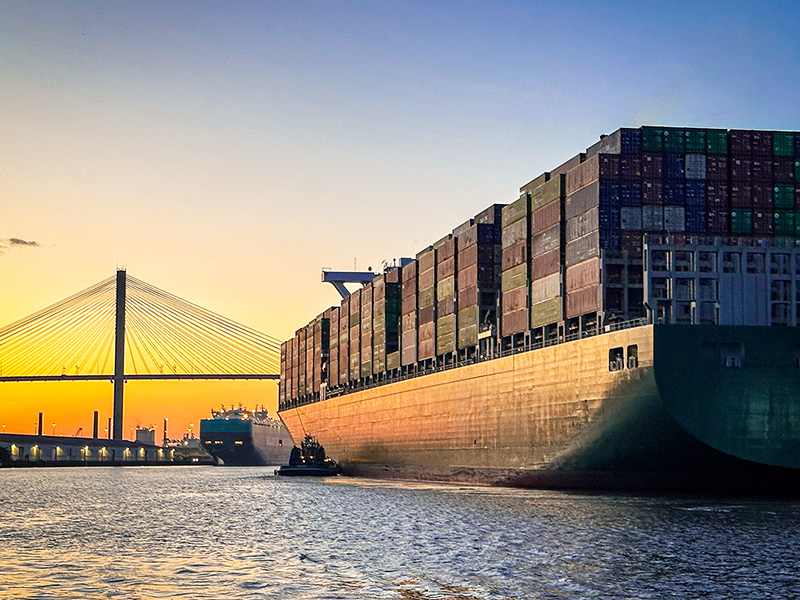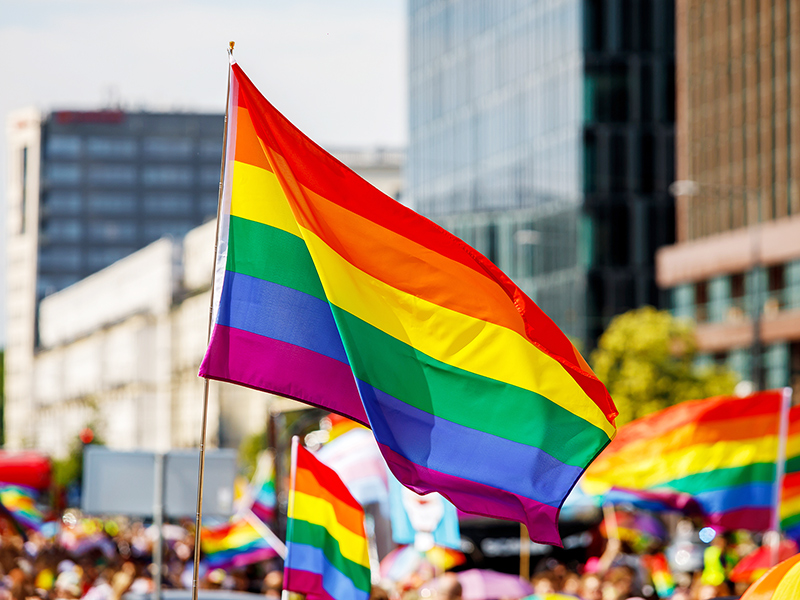
Photo by Guillaume Périgois on Unsplash
This blog is the second of a three-part series. In the first blog, we focused on the current landscape of mandatory human rights due diligence (HRDD), disclosure requirements, and the push towards a more universal approach. This blog will discuss the elements that BSR has found important for effective HRDD, and our third blog will focus on further unpacking the various options being proposed in the European Union’s mandatory Human Rights Due Diligence Legislation (EU mHRDD).
The EU’s proposed mandatory human rights due diligence legislation has the potential to reshape the way that companies manage their human rights risks—and to boost the impact of company efforts to prevent, mitigate, and remedy these risks. In line with the UN Guiding Principles on Business and Human Rights (UNGPs), the EU directive will require companies to carry out effective due diligence to identify, prevent, mitigate, and account for actual and potential human rights and environmental impacts in their own operations as well as in their upstream and downstream value chains. The European Commission is expected to submit a formal legislative proposal in early or mid-2021, with the legislation expected to come into force by early 2022.
As we anticipate the new regulations requiring due diligence, the question for companies then becomes: What does “effective due diligence” look like?
To be impactful—to achieve the desired outcomes of reduced human rights abuses and increased realization of human rights—effective due diligence requires more than a tick-box approach to process and procedure. Over the past 25 years, BSR has worked with companies to manage human rights risks, including more than 200 human rights impact assessments and implementation plans. Drawing on these learnings, we emphasize four features of effective human rights due diligence:
- Effective human rights due diligence is forward looking. The forward-looking nature of human rights assessments is one of the most powerful tools companies have to ensure respect for human rights. By identifying potential impacts in advance, companies can put in place actions to prevent and mitigate harm. As stated in the UNGPs (Principle 18), human rights due diligence should be conducted prior to any new activity or relationship and prior to significant business decisions or changes in operation. Futures thinking and strategic foresight methods, such as trend analysis and scenario planning, enable companies to increase the range of potential adverse human rights impacts identified and surface new strategies to address those impacts. BSR’s new quarterly emerging issues brief, The Fast Forward, can help companies to track nascent disruptive trends.
- Effective human rights due diligence is ongoing. Due diligence should not be a one-off event. Ongoing due diligence enables companies to track shifts in the operating environment—such as new laws or rising social tensions—that may change their human rights risk profile. The ability of a company to nimbly respond to such change depends not only on formal processes for updating risk assessments. It will also require regular stakeholder engagement (including dialogue with human rights defenders) as well as a culture of sharing and escalating internal concerns to the appropriate decision-makers inside the company. The most effective programs we have seen have integrated recurring due diligence checkpoints in their operations.
- Effective human rights due diligence recognizes the company as part of a system. No matter where they are located or what industry they are in, companies operate in geographical contexts and product value chains that are shaped by preexisting dynamics. These dynamics can produce human rights abuses in which companies may become complicit, such as systemic racism in the U.S., gender-based violence in India, and confiscation of Indigenous lands across Latin America. While companies may cause or contribute to individual adverse human rights impacts, these harms occur in the context of the wider system. Companies should understand their role in shaping these systems and the ways their actions, combined with those of other companies, cumulatively impact people. Companies can effect change in these systems and increase their leverage, impact, and legitimacy by collaborating with other actors. This is particularly the case in fragile and conflict-affected contexts. In these cases, companies and other actors can assume a shared responsibility to address the multiple and intertwined causes of conflict and human rights violations in combination, increasing the likelihood of beneficial outcomes for everyone. Additionally, companies should understand how their internal ecosystem may affect the success of human rights programs: contradictory commercial targets, political advocacy, and business priorities may work against a company’s own human rights commitments.
- Effective human rights due diligence is grounded in stakeholder engagement—especially with the most vulnerable. Rightsholders—the employees, customers, users, supply chain workers, and community members whose rights are impacted by company decisions, products, and operations—provide information that enables companies to understand their human rights risks. They do this by raising concerns about actual and potential impacts and by providing input about how best to address and remediate these impacts. Companies should make extra effort to engage with vulnerable groups to avoid aggravating structural oppression and disproportionately negative impacting people who are at heightened risk. Proactive consultation, formal grievance mechanisms, and ongoing dialogue with people who are impacted in different ways by the company’s business activity positions the company to design, implement, and track the effectiveness of their human rights due diligence programs.
Ultimately, human rights due diligence is about preventing, mitigating, and remedying harm to people impacted by business. To be meaningful, companies must look beyond process to real-world outcomes and ensure that their teams have the knowledge, the skills, and the relationships to shape these outcomes for the better. We believe that mandatory human rights due diligence requirements should be designed to support rather than hinder these four features of effective human rights due diligence.
BSR’s latest sustainability insights and events straight to your inbox.
Topics
Let’s talk about how BSR can help you to transform your business and achieve your sustainability goals.








